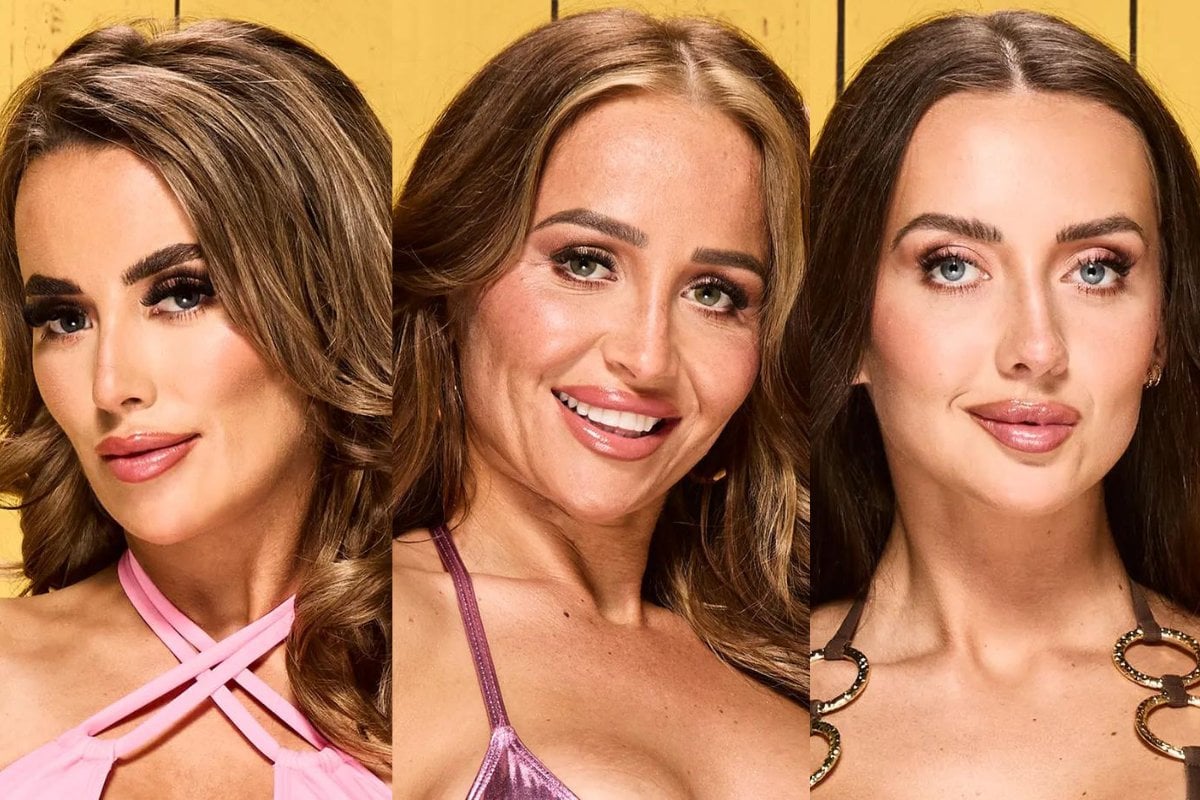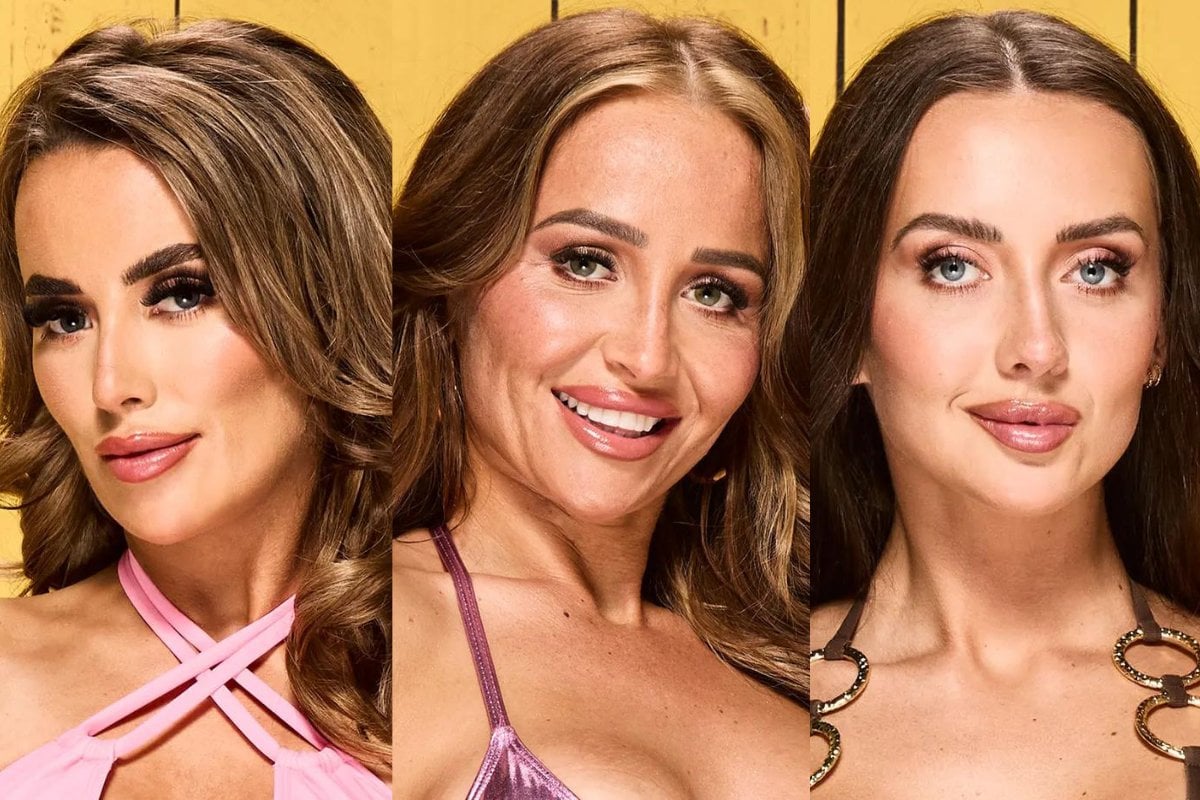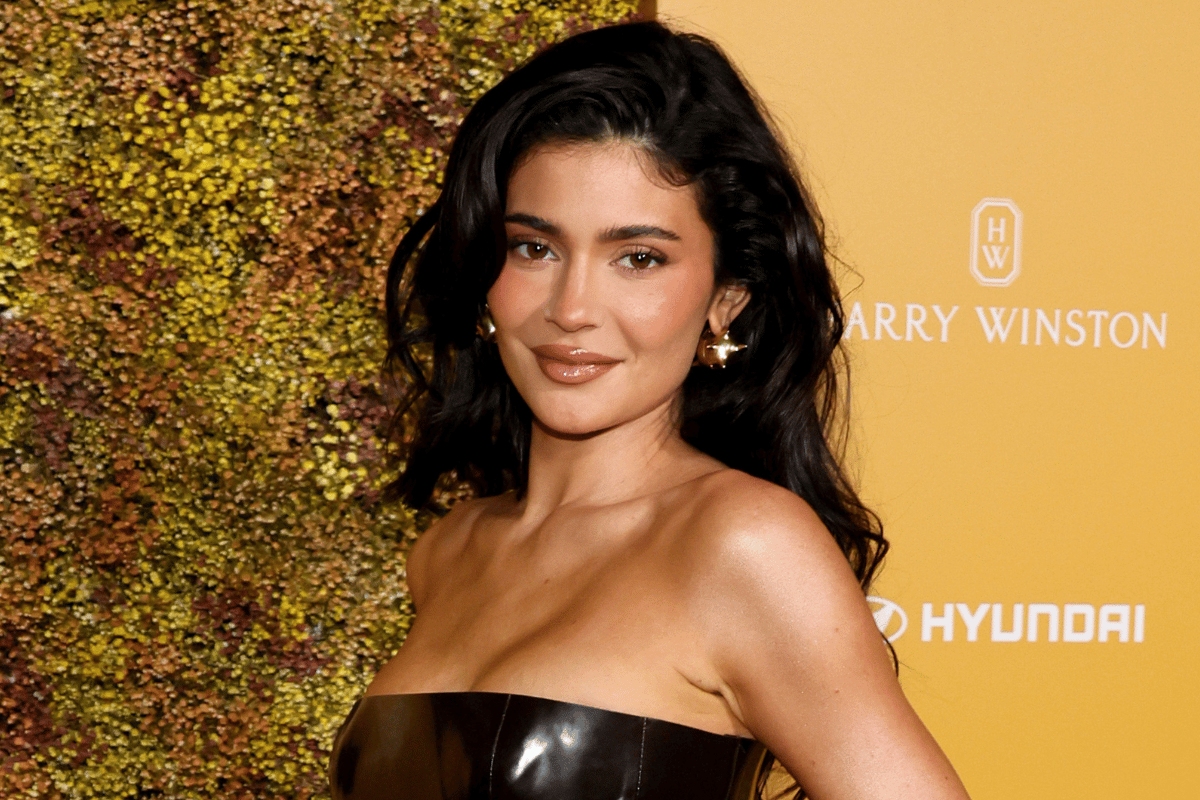
You don't have to watch Love Island UK to know that there's been some very loud chatter about this year's new contestants. More specifically, their faces.
In a bunch of viral videos on TikTok, plastic surgeons and cosmetic experts have been filmed guessing the ages of the current cast members. And it's sparked more conversations around why Gen Z is ageing quicker than the generations before them.
Watch: Curiosity got the better of us! Renny asked Dr. Naomi McCullum, a cosmetic physician who runs a luxury clinic called The Manse, everything she'd do to her face. Post continues below.
In one viral video, Beverly Hills plastic surgeon Dr Daniel Barrett guesses the ages of the Love Island 2024 contestants, sharing his opinions on what cosmetic work they think they've had.
Starting with Jess, Dr Barrett guessed she was aged 38. She's 25.
He said she had most likely had lip fillers and a nose job, sharing it's "obvious she's got some work done."
Dr Barrett was then shown a picture of Harriet, who he thought was 42 years old.






























































































